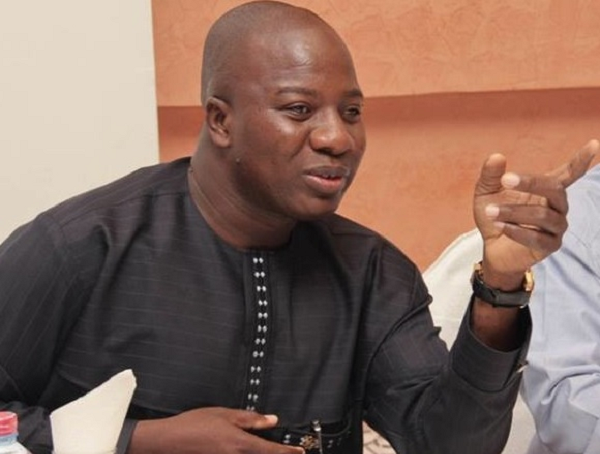The Majority Leader, Mahama Ayariga, has firmly defended the President’s constitutional authority to suspend a Chief Justice under Article 146(10)(a), insisting that the process is neither arbitrary nor unchecked.
In a statement released on 30th April 2025, he clarified that the President’s decision is constitutionally tethered to the advice of the Council of State, thereby eliminating concerns about personal bias or caprice.
“There is no unchecked discretion here because the discretion of the President to suspend the Chief Justice is checked by the fact that he must act ‘in accordance with the advice of the Council of State’,” he emphasised.
Addressing public apprehension and criticisms—particularly from legal commentators and the Ghana Bar Association (GBA)—Mr Ayariga argued that the Constitution anticipates and curtails any possible abuse of executive authority through built-in safeguards.
According to him, Article 296(a), which imposes a duty of fairness and candour, is inherently satisfied by the involvement of the Council of State.
“The concerns over a particular President’s potential arbitrariness, caprice, bias, resentment, prejudice or the likelihood of personal dislike are equally expected to be contained by the mechanism of ensuring that he must obtain the advice of the Council of State,” he stated.
The Majority Leader also questioned the inconsistency of those challenging the President’s discretion, pointing out that similar discretionary powers vested in the Chief Justice have not attracted equivalent scrutiny.
Referring to Article 159, he noted that the Chief Justice may, with the approval of the President and the advice of the Judicial Council, enact regulations for the Judicial Service—yet the GBA has never demanded a constitutional instrument to explain how such discretion should be exercised.
“That is because they appreciate that it is a discretion that is well checked,” Mr Ayariga contended.
In conclusion, Mr Ayariga cautioned against attempts to distort the constitutionally defined process, reminding the public that even expressions like “stated misbehaviour” or “incompetence” are to be interpreted on a case-by-case basis by the Article 146 Committee.
He argued that the framers of the Constitution intentionally left such definitions to the discretion of the Committee.
“I have not yet come across their meanings,” he remarked, “because the Constitution says the Committee… should determine on case-by-case basis before them what those mean.”













